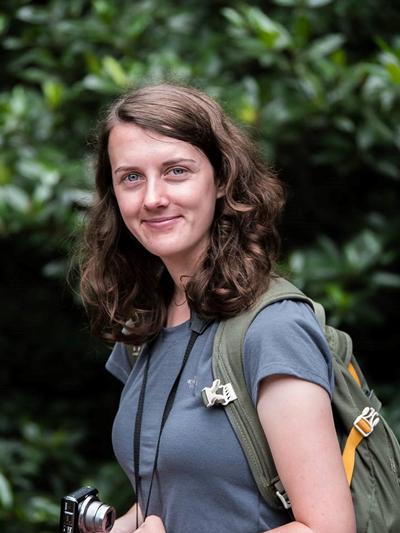Research interests
The chloroplast was formed by an endosymbiosis event approximately 1 – 1.5 billion years ago from a free-living cyanobacteria. Since then the majority of genes that were originally present in the cyanobacteria have been transferred to the host nucleus. Therefore, most of the proteins needed for chloroplast function are now nuclear-encoded and must be transported into the chloroplast, often across several different membranes.
My research focuses on the signalling mechanism employed by the chloroplast to target the nucleus and enable the production of proteins associated with chloroplast function, biogenesis, and acclimation to abiotic stress. To do this I will focus on singlet oxygen, which is a reactive oxygen species produced during photosynthesis, and has been proposed as a potential signalling molecule used by the chloroplast to target the nucleus. My work will involve characterising singlet oxygen signalling mutants and identifying new components of singlet oxygen signalling.
Supervisors: Prof Matthew Terry & Dr Haruko Okamoto
PhD Research: SOS for plant stress: singlet oxygen signalling pathways mediating stress acclimation in plants
Funding: The Gerald Kerkut Trust & Biological Sciences
Research group
Environmental Biosciences
Research project(s)
Plastid-to-nucleus signalling in plants
Plastid-to-nucleus (retrograde) signalling provides critical information to the nucleus on the developmental state of the chloroplast (plastid) during chloroplast biogenesis. We are trying to uncover the nature of these signals and determine the role of tetrapyrroles in this signalling pathway.
Ms Jessica BamptonSchool of Biological Sciences
Faculty of Environmental and Life Sciences
Life Sciences Building 85
University of Southampton
Highfield Campus
Southampton
SO17 1BJ
